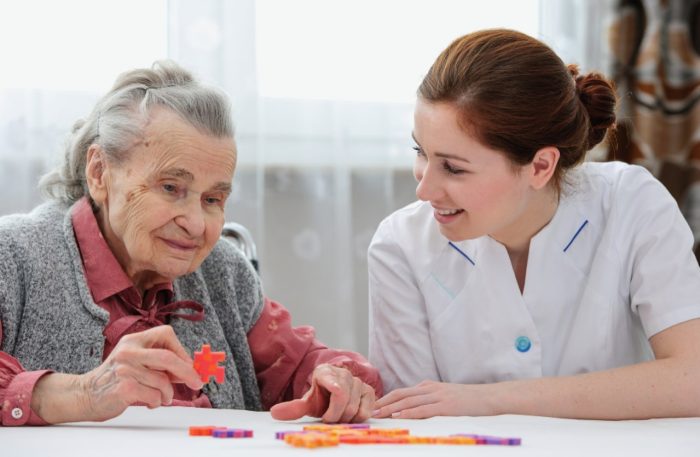6 Tips of Active Aging with Parkinson’s Disease

Parkinson's disease is a progressive neurodegenerative disorder that affects the motor system of the body. It is a challenging condition that can make everyday tasks difficult to perform. However, it is possible to age actively with Parkinson's disease by adopting certain habits and practices. In this blog post, we'll explore what active aging means, how to practice active aging with Parkinson's disease, and provide 6 tips for achieving an active and fulfilling lifestyle.
What is Active Aging?
Active aging is a philosophy that promotes living a healthy, engaged, and fulfilling lifestyle as we age. It involves staying physically, mentally, and socially active, and making healthy lifestyle choices. Active aging can help improve our physical and mental well-being, enhance our quality of life, and increase our life expectancy.

Active Aging with Parkinson's Disease Progression
As Parkinson's disease progresses, it can affect a person's mobility, balance, and coordination. This can make it challenging to stay active and engaged in daily life. However, staying active is crucial to maintaining physical and mental health and slowing down the progression of the disease. With proper management and the right mindset, it is possible to age actively with Parkinson's disease.
6 Tips for Active Aging with Parkinson's Disease
- Stay Physically Active: Regular exercise can help improve muscle strength, flexibility, balance, and coordination. Consider low-impact activities such as swimming, walking, yoga, or tai chi. Consult with your healthcare provider before starting any exercise program.
- Maintain a Healthy Diet: A healthy diet can help reduce inflammation, improve gut health, and support brain function. Eat a variety of fruits, vegetables, whole grains, lean protein, and healthy fats. Avoid processed foods and excessive sugar and salt intake.
- Stay Mentally Active: Mental stimulation is essential for brain health. Engage in activities that challenge your brain, such as puzzles, reading, learning a new skill, or socializing with friends.
- Practice Relaxation Techniques: Stress can worsen Parkinson's symptoms. Practice relaxation techniques such as deep breathing, meditation, or yoga to help manage stress and anxiety.
- Stay Socially Engaged: Social isolation can lead to depression and cognitive decline. Stay connected with friends and family, join a support group, or participate in community activities.
- Seek Professional Support: Parkinson's disease is a complex condition that requires professional management. Seek guidance from a healthcare provider, physical therapist, occupational therapist, or speech therapist as needed.

Parkinson's disease does not have to hinder an individual's ability to age actively. By adopting healthy habits and practices, individuals can continue to lead active and fulfilling lives. Remember to consult with a healthcare provider before starting any new exercise or dietary program, and seek professional support as needed. With the right mindset and approach, aging with Parkinson's disease can be an opportunity for growth and personal development.
